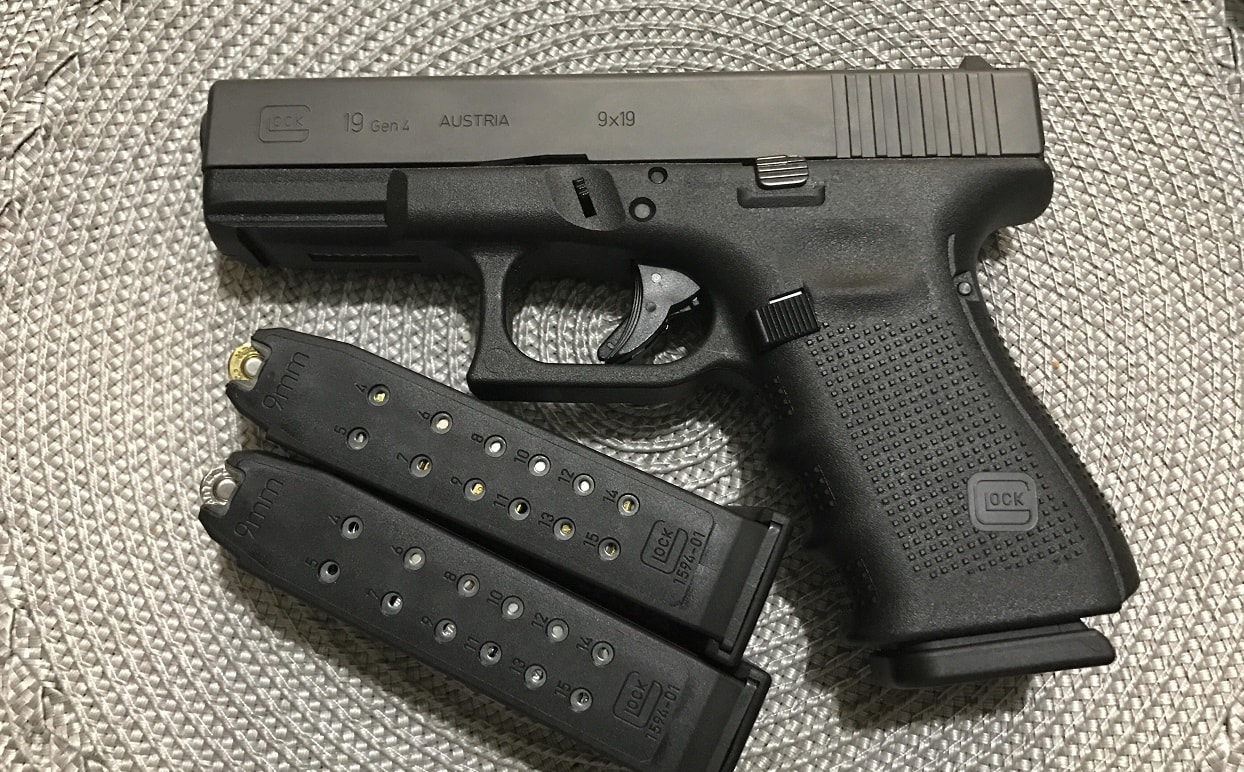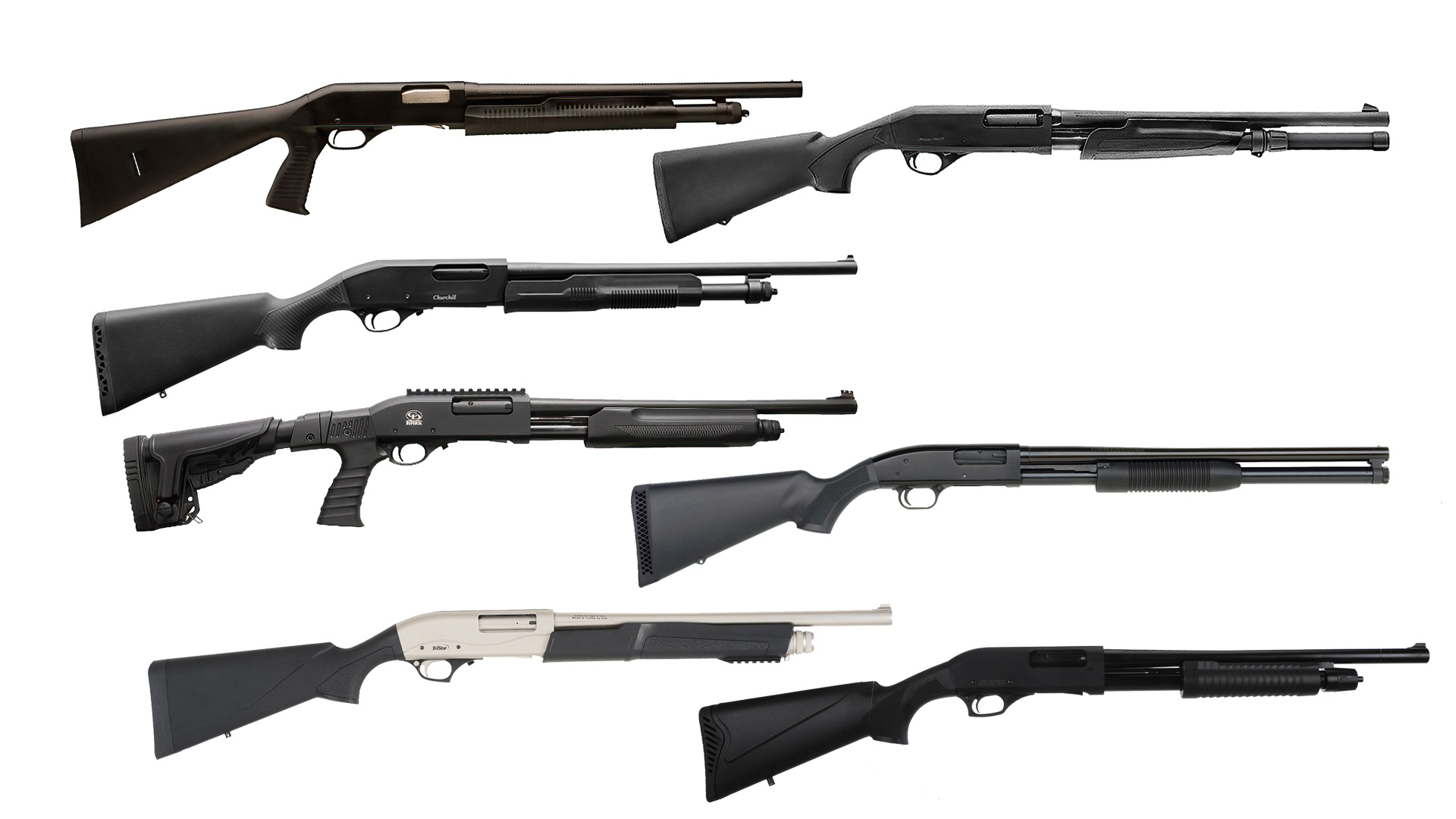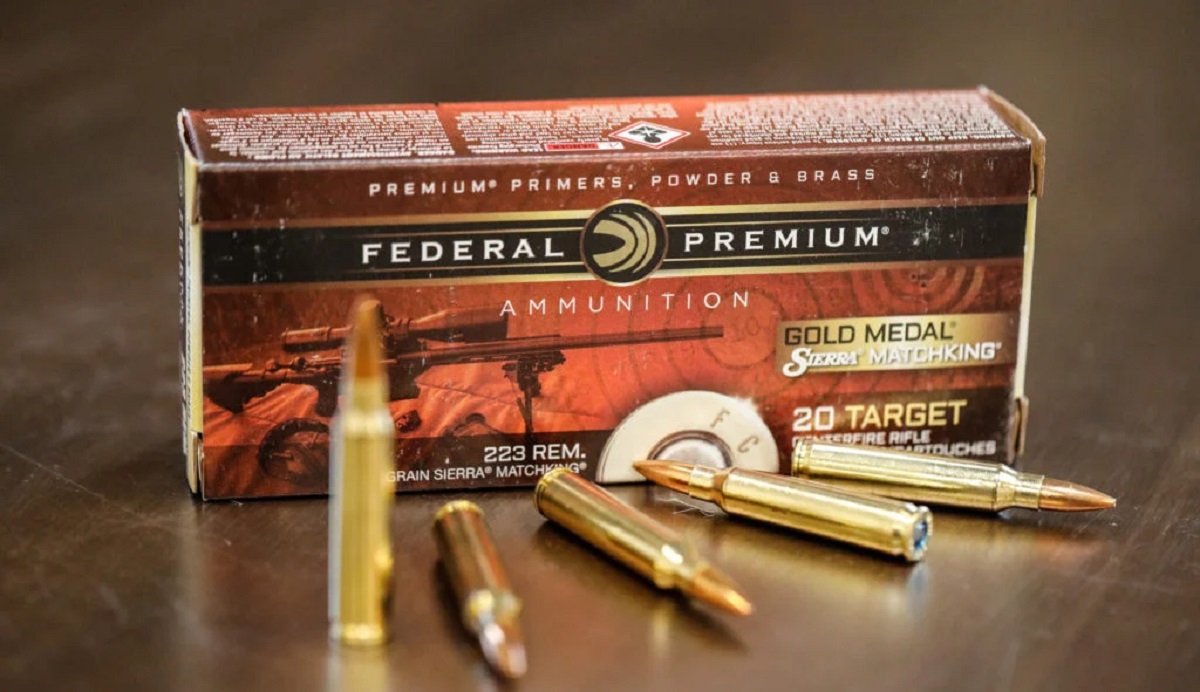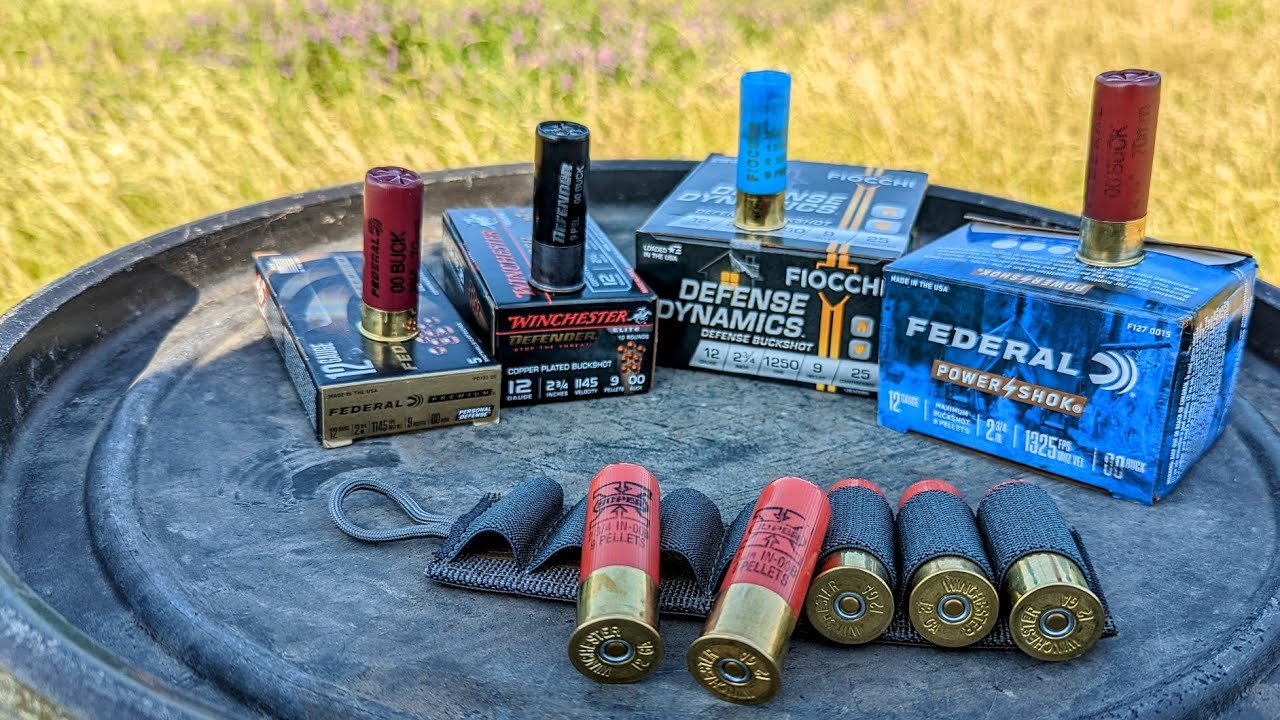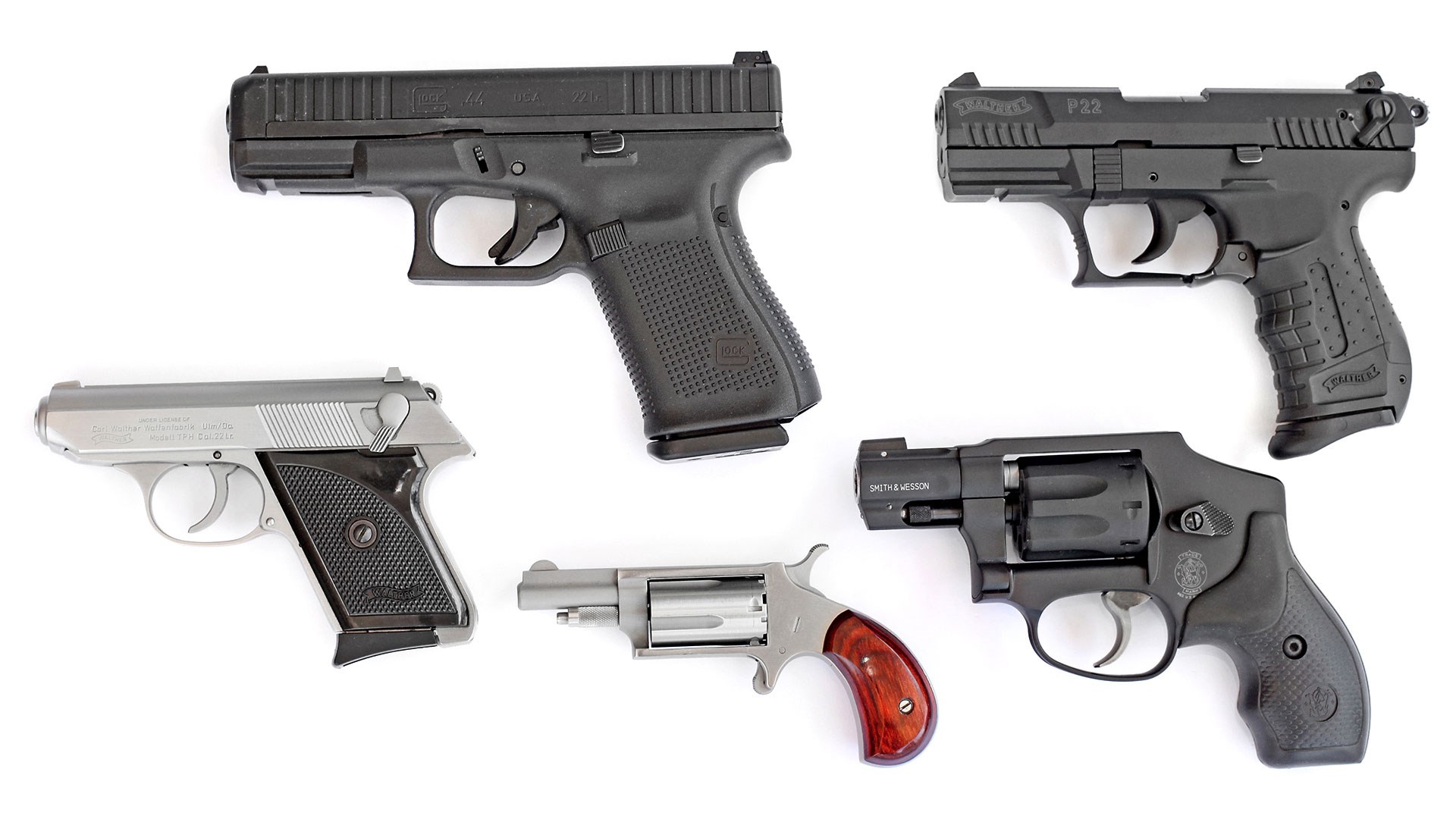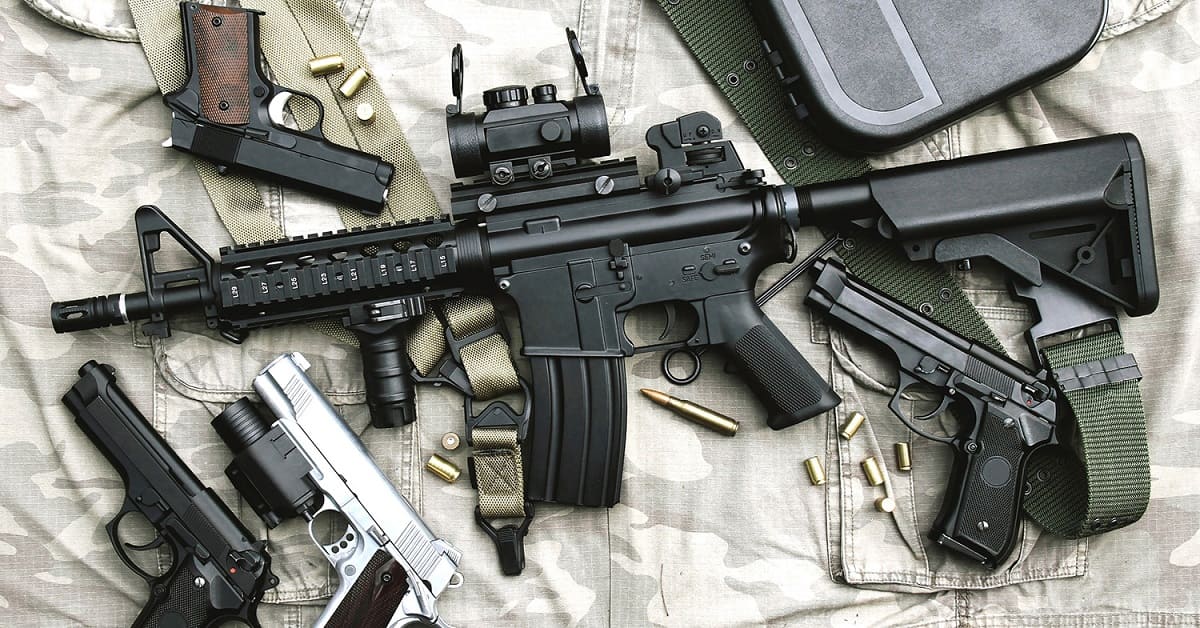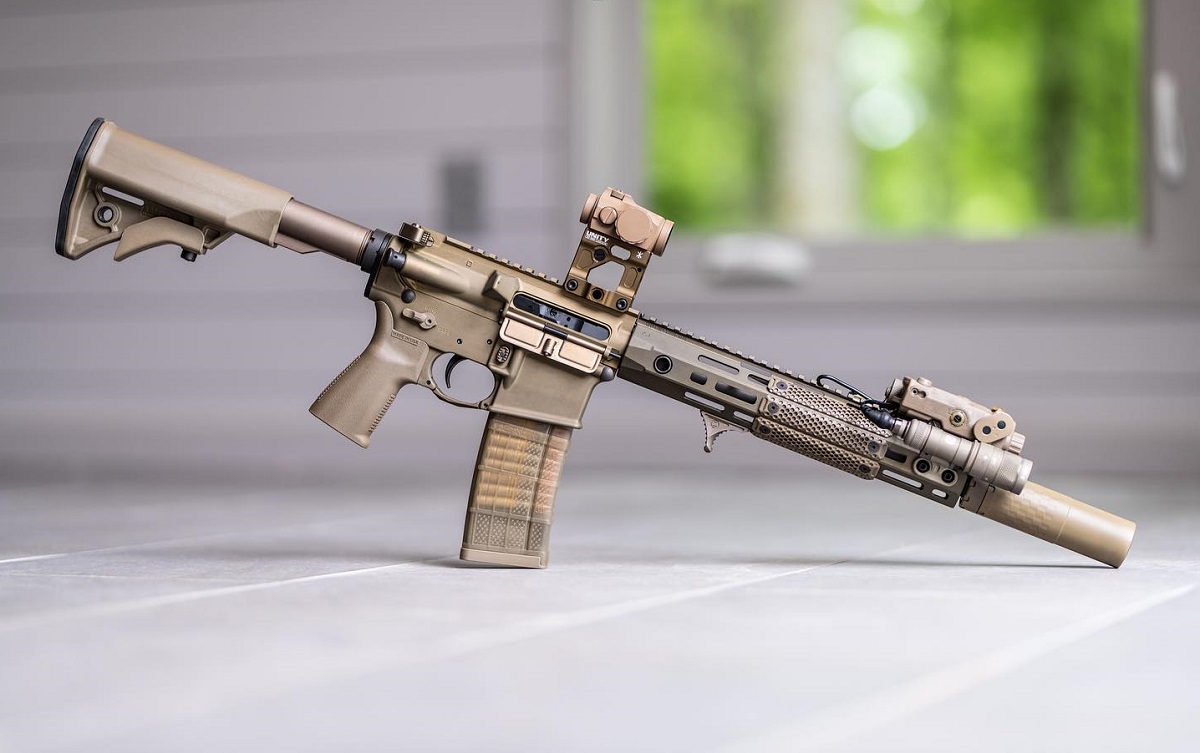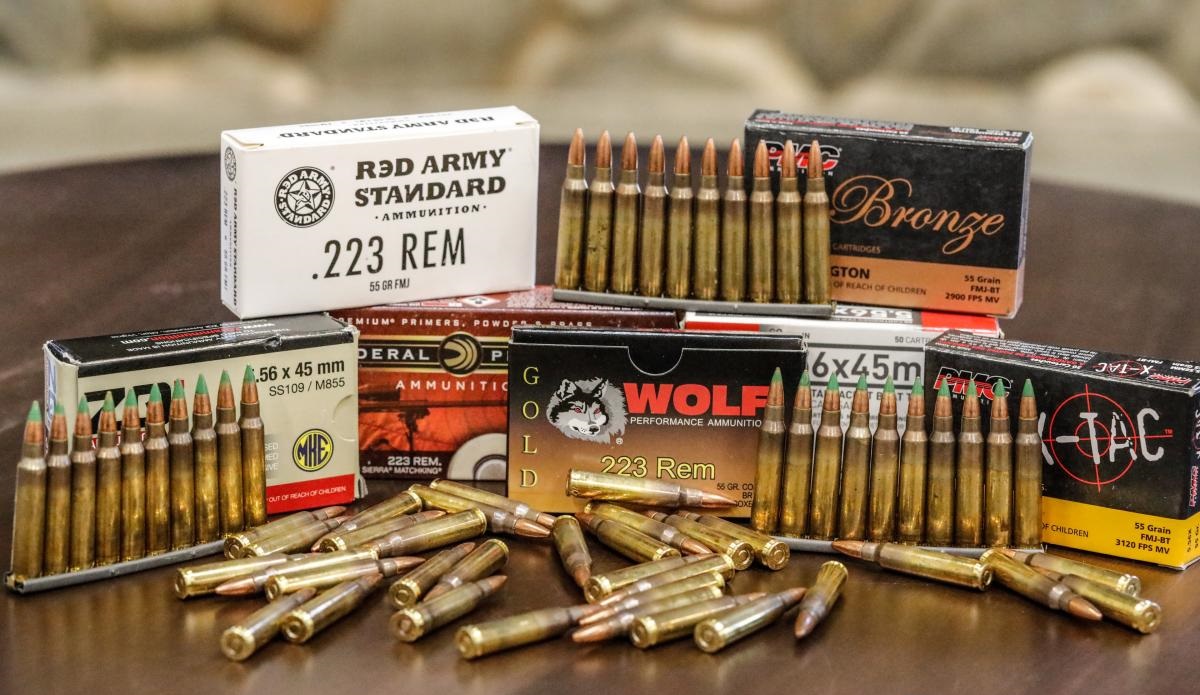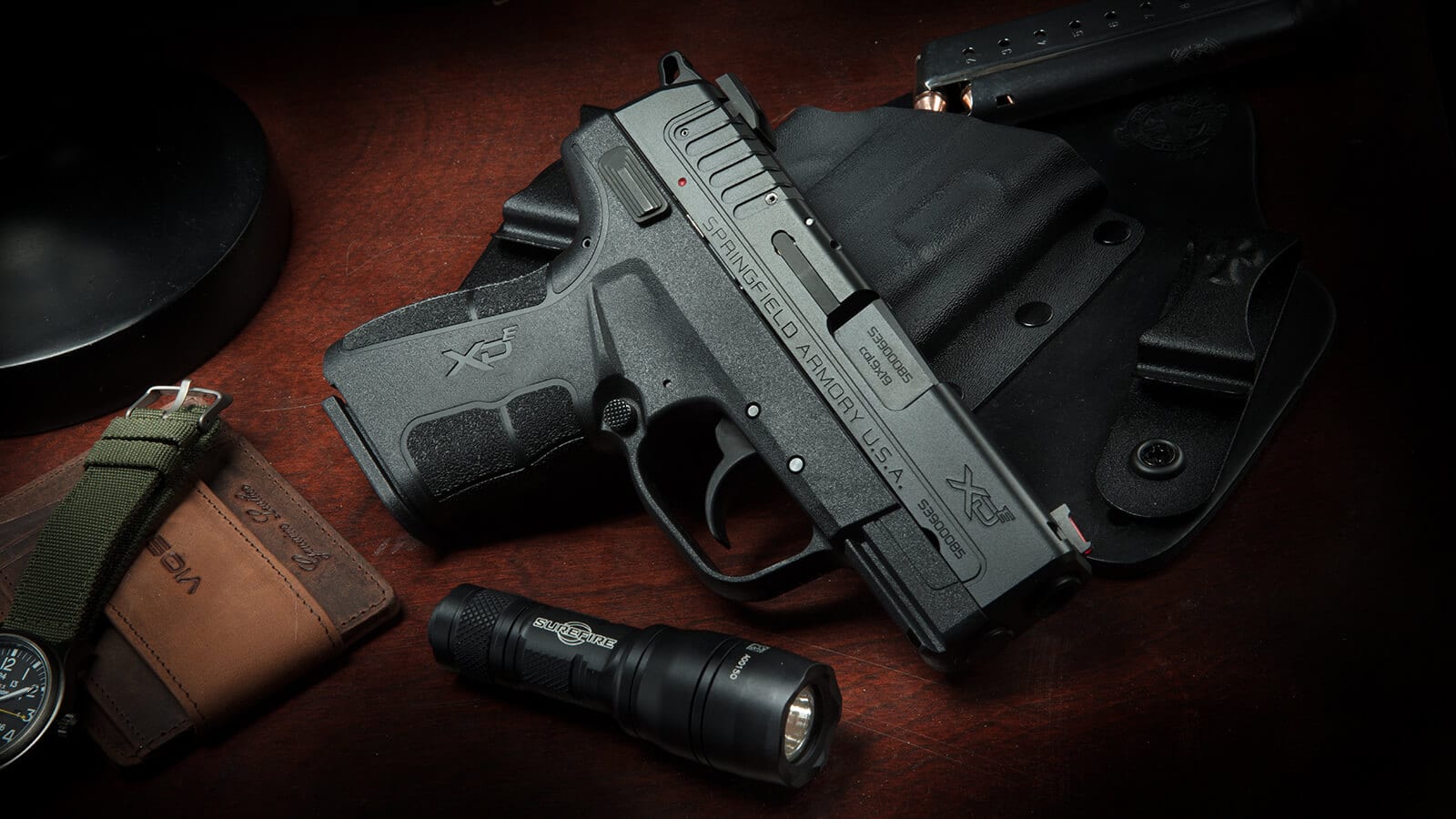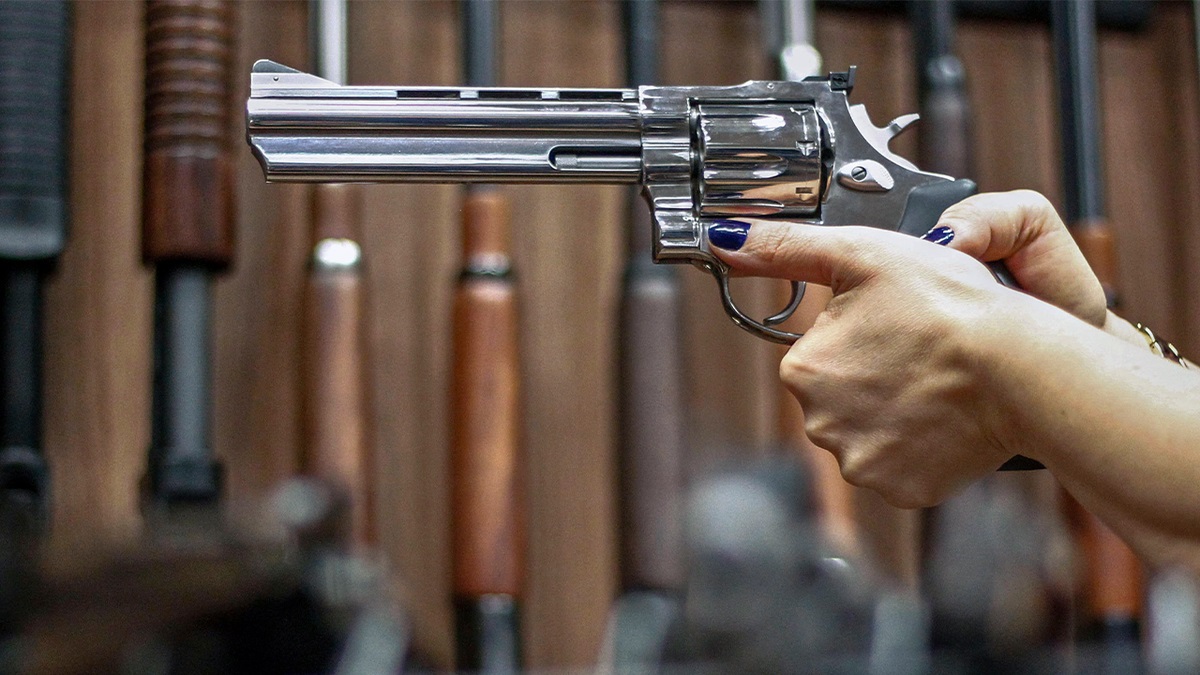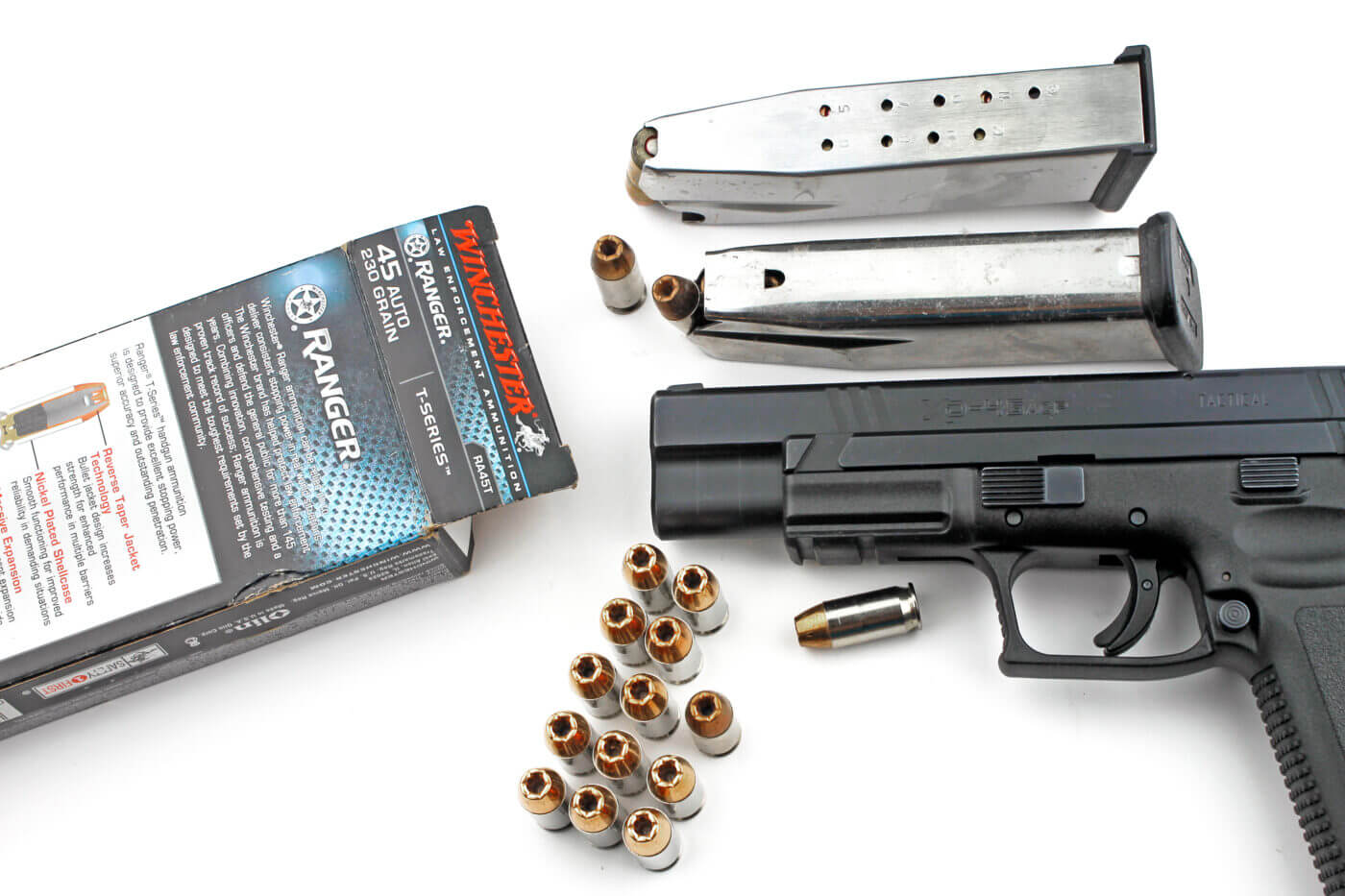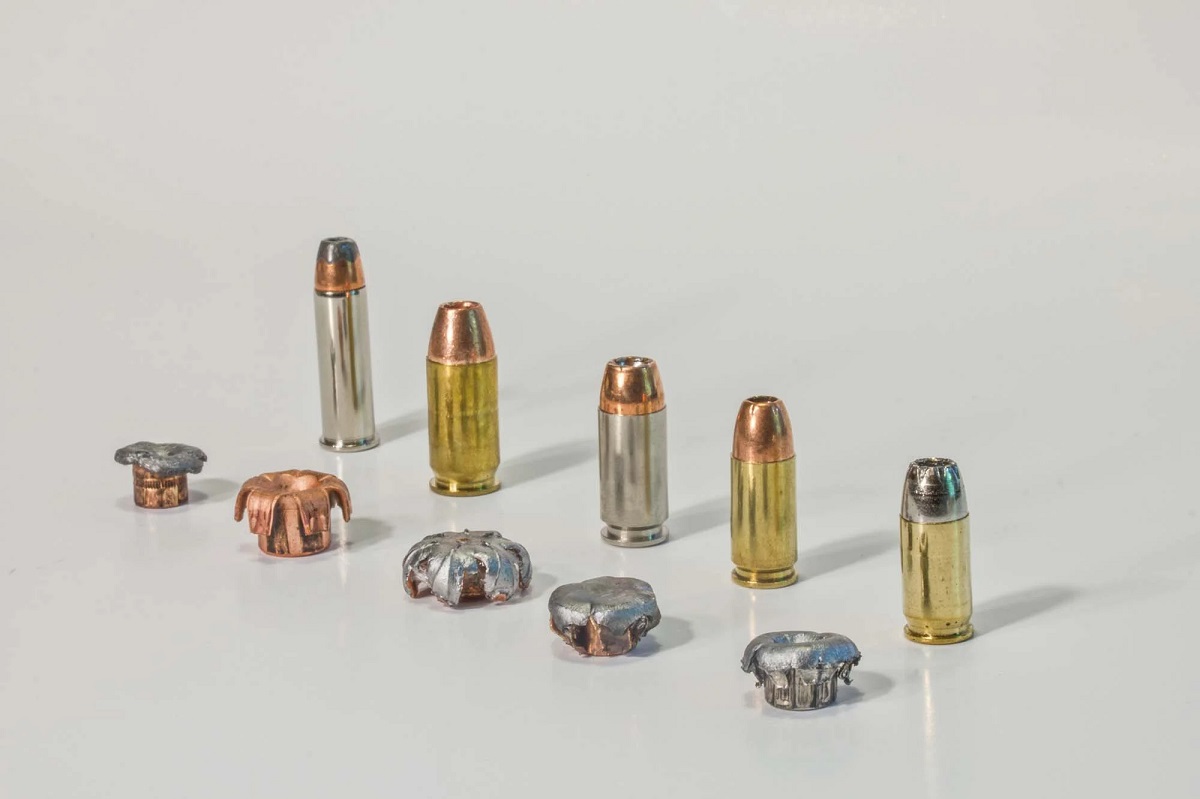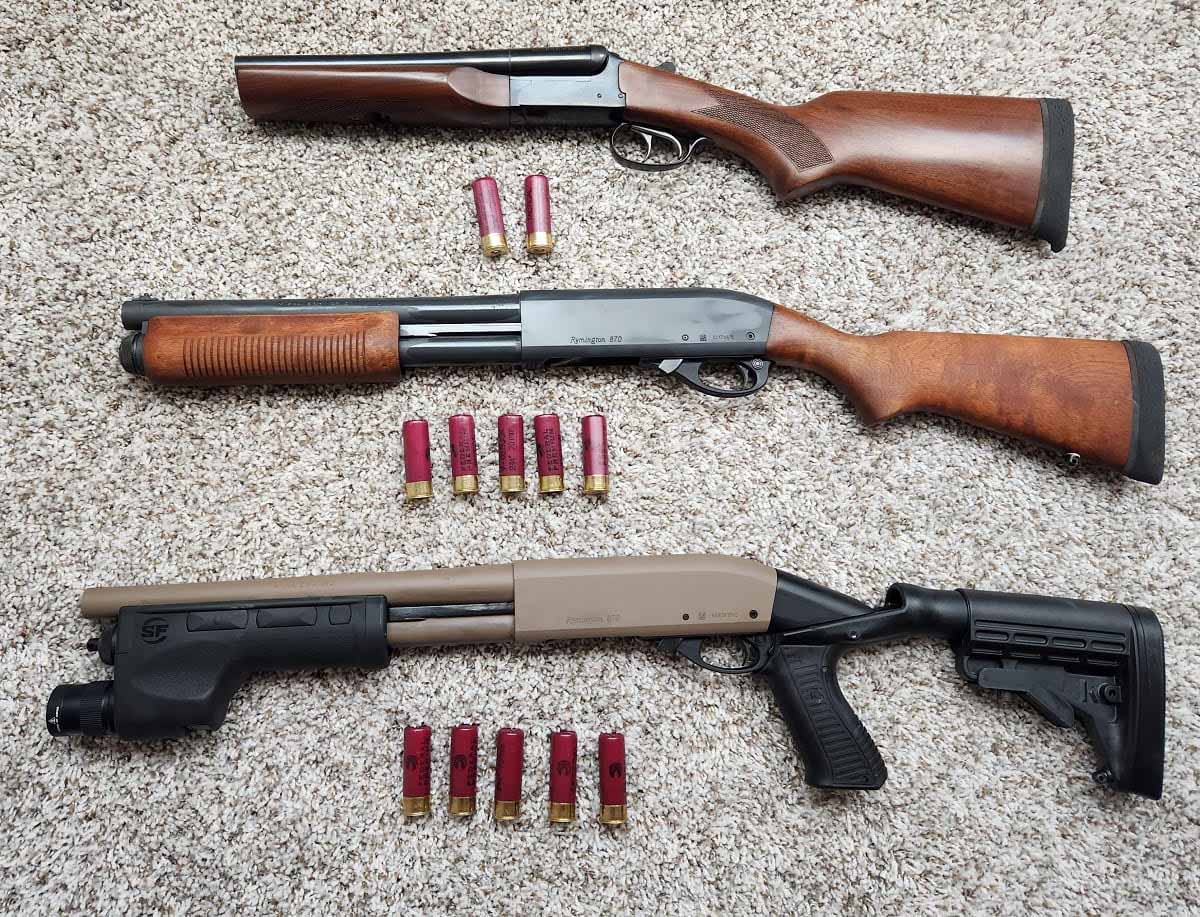Home>Home Security and Surveillance>What Is The Best Dog For Home Defense
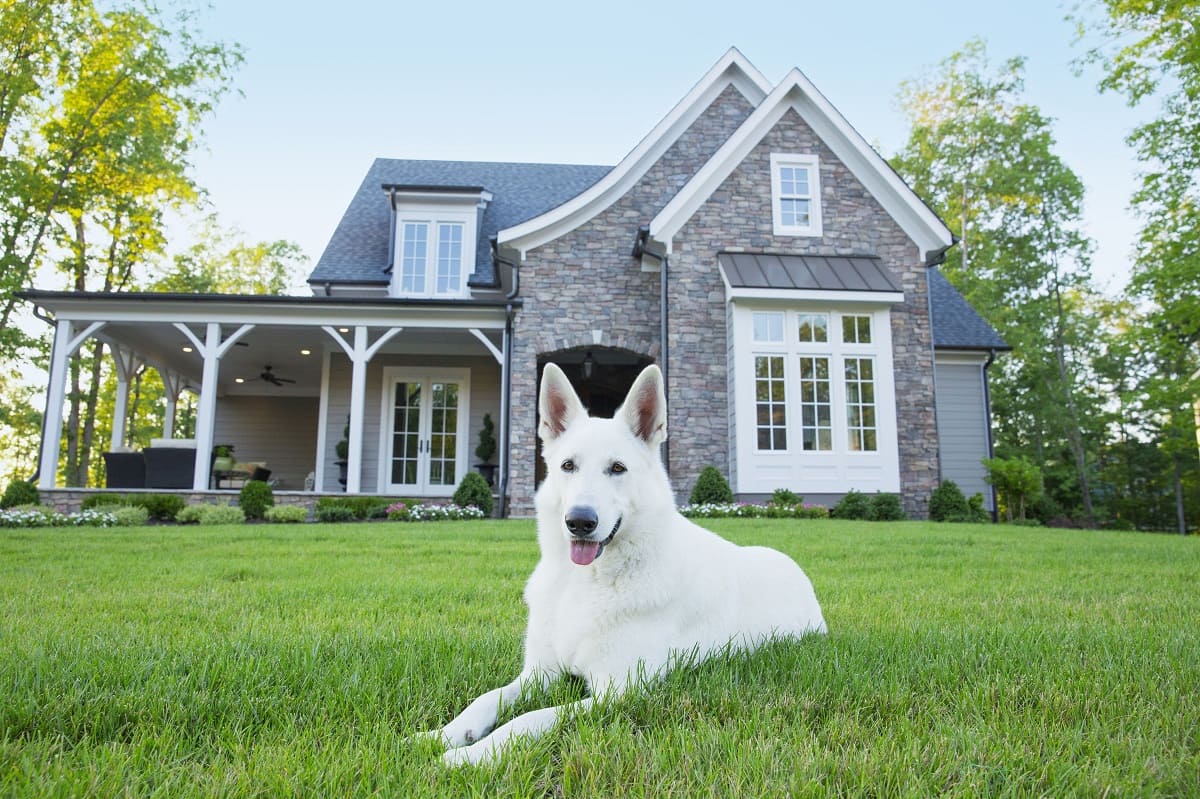

Home Security and Surveillance
What Is The Best Dog For Home Defense
Modified: March 6, 2024
Discover the perfect canine companion to provide home defense. Learn about the best dog breeds for home security and surveillance to keep your property safe and secure.
(Many of the links in this article redirect to a specific reviewed product. Your purchase of these products through affiliate links helps to generate commission for Storables.com, at no extra cost. Learn more)
Introduction
When it comes to home security and surveillance, having the right tools in place is essential. While alarm systems and cameras are popular choices, there is another powerful asset you can add to your home defense arsenal: a well-trained dog. Dogs have been companions and protectors of humans for centuries, and their inherent loyalty and protective instincts make them an invaluable asset for safeguarding your home and loved ones.
However, not all dogs are created equal when it comes to home defense. Certain breeds have natural traits that make them more suited for this role, while others may require careful training and socialization. In this article, we will explore the different factors to consider when choosing a dog for home defense, recommended breeds, training techniques, and tips for properly maintaining a home defense dog.
It’s important to note that while dogs can be effective deterrents and provide an added layer of security, they should not be relied upon as the sole method of home defense. Dogs should be used in conjunction with other security measures, such as locks, alarms, and surveillance systems, to create a comprehensive and effective home security strategy.
With that said, let’s dive into the factors you should consider when selecting a dog for home defense.
Key Takeaways:
- Choosing the right dog for home defense involves considering factors like size, temperament, and loyalty. Breeds like German Shepherds and Rottweilers are often recommended for their protective instincts and trainability.
- Training and maintaining a home defense dog requires patience, regular exercise, and mental stimulation. Proper care, nutrition, and socialization are essential for a well-adjusted and effective protector.
Read more: How To Train A Dog For Home Defense
Factors to Consider
Choosing the right dog for home defense requires careful consideration of various factors. Not every dog breed is suitable for this role, and certain characteristics and traits are important to ensure the dog is effective in protecting your home and family. Here are some factors to keep in mind:
- Size: Size matters when it comes to home defense. Larger breeds tend to be more physically imposing and can deter potential intruders. However, smaller breeds can also be effective if they have a strong protective instinct and are trained accordingly.
- Temperament: The temperament of the dog is crucial. Look for breeds that are naturally protective, alert, and confident. Avoid breeds that are overly aggressive or shy, as they may not respond well in a home defense scenario.
- Intelligence: An intelligent dog is easier to train and will be more responsive to commands. Look for breeds that are known for their intelligence and trainability.
- Loyalty: A loyal dog will be dedicated to protecting its family. Breeds that are known for their loyalty and strong bond with their owners are ideal for home defense roles.
- Energy Level: Consider the energy level of the dog. Dogs with high energy levels may require more exercise and mental stimulation, but they can also be more alert and vigilant in guarding your home.
- Barking Tendency: A dog that barks frequently can serve as an effective deterrent to intruders. However, excessive barking can also be a nuisance, so finding a balance is essential.
- Trainability: While some breeds have natural protective instincts, proper training is still necessary to ensure the dog responds appropriately to threats and follows commands.
Considering these factors will help narrow down your options and find a breed that is well-suited for home defense. However, it’s important to remember that individual dog behavior can vary, so it’s essential to assess each dog’s personality and suitability for your specific situation before making a decision.
Breeds Recommended for Home Defense
While there are many breeds that can excel in the role of home defense, here are some of the top breeds recommended for this purpose:
- German Shepherd: German Shepherds are renowned for their intelligence, loyalty, and protective nature. They possess strong guarding instincts and can quickly assess threats. They are known for being easily trainable and are often used in police and military roles.
- Rottweiler: Rottweilers are a powerful and sturdy breed. They are naturally protective and make excellent guard dogs. With proper training and socialization, they can become reliable and devoted protectors of their homes and families.
- Doberman Pinscher: Dobermans are known for their alertness and speed. They are highly intelligent and have a strong protective instinct. With early socialization and consistent training, Dobermans can be effective home defense dogs.
- Belgian Malinois: Belgian Malinois are agile, intelligent, and highly trainable. They were originally bred for herding and have natural protective instincts. They require regular mental and physical exercise to channel their energy effectively.
- Bullmastiff: Bullmastiffs are large and powerful dogs with a calm and reliable temperament. They are natural protectors and have a strong physical presence that can be intimidating to intruders. They require consistent training and socialization from an early age.
While these breeds are commonly recommended for home defense, it’s important to note that each dog is an individual with its own personality and characteristics. Proper training, socialization, and ongoing care are essential to ensure that any dog, regardless of breed, can fulfill its role as a home defender.
Remember, owning a protective breed does not automatically guarantee a well-trained and effective home defense dog. Training and socialization are key elements in harnessing the natural instincts of these breeds and shaping them into loyal and reliable protectors.
Consider a large, protective breed like a German Shepherd or Rottweiler for home defense. They are loyal, trainable, and have natural protective instincts.
Training Your Dog for Home Defense
Training your dog for home defense is a crucial step in ensuring they can effectively protect your home and loved ones. Here are some key training steps to consider:
- Basic Obedience Training: Start by teaching your dog basic obedience commands such as sit, stay, come, and down. This foundation is essential for more advanced training and helps establish your role as the pack leader.
- Socialization: Properly socialize your dog from a young age to expose them to different people, animals, and environments. This helps build their confidence and reduces the likelihood of fear-based aggression or reactivity towards unfamiliar situations.
- Guarding and Alert Training: Introduce your dog to the concept of guarding and being alert. Teach them to bark on command and be attentive to potential threats. Use positive reinforcement techniques to reward desired behavior.
- Bite Inhibition: While it’s important for a home defense dog to be protective, it’s equally important to teach them proper bite inhibition. They should be able to differentiate between a real threat and normal interaction with family members or visitors.
- Advanced Training: Consider enrolling your dog in advanced training classes or working with a professional trainer experienced in protection and security training. This can help fine-tune their skills and ensure they respond appropriately to different scenarios.
- Simulated Intrusions: Create controlled scenarios where you or a trainer can simulate an intruder. This helps your dog practice their response and reinforces their role as a protector. Always prioritize safety during these exercises.
Consistency, patience, and positive reinforcement are essential throughout the training process. Reward desired behavior with treats, praise, and playtime, while redirecting unwanted behaviors in a calm and assertive manner.
It’s important to remember that training is an ongoing process. Regular training sessions, refresher courses, and continued reinforcement of commands and behaviors are necessary to maintain a well-trained home defense dog.
Furthermore, it’s recommended to consult with a professional trainer or behaviorist who specializes in home defense dog training. They can provide personalized guidance based on your specific needs and circumstances.
Tips for Maintaining a Dog for Home Defense
Once you have a well-trained dog for home defense, it’s important to properly maintain and care for them to ensure their effectiveness as a protector. Here are some tips to help you maintain your home defense dog:
- Regular Exercise: Dogs with high energy levels need regular exercise to prevent boredom and channel their energy in a positive way. This can include daily walks, runs, or play sessions to keep them physically and mentally stimulated.
- Mental Stimulation: Engage your dog’s mind through interactive toys, puzzle feeders, and training sessions. Mental stimulation helps prevent behavioral issues and keeps them sharp and attentive.
- Healthcare: Schedule regular visits to the veterinarian for vaccinations, check-ups, and preventive care. Keeping your dog up-to-date with vaccinations and providing proper healthcare ensures their overall well-being.
- Proper Nutrition: Feed your dog a balanced and nutritious diet that suits their breed, size, and activity level. Consult with your vet to choose the right food and feeding schedule for your home defense dog.
- Secure Perimeter: Ensure that your property has a secure perimeter, such as a fenced yard, to prevent your dog from wandering off or potential intruders from entering. Regularly inspect the fence for any damages or gaps.
- Regular Training Refreshers: Schedule periodic refresher training sessions to maintain your dog’s skills and reinforce their training. This helps keep them sharp and responsive to commands.
- Emergency Evacuation Plan: In the event of an emergency or natural disaster, have a plan in place to evacuate your home defense dog safely. Include them in your family emergency preparedness plan.
- Socialization Opportunities: Continue to expose your dog to various people, animals, and environments to ensure they remain comfortable and well-adjusted in different situations.
- Regular Bonding Time: Spend quality time bonding with your dog through play, walks, or cuddle sessions. Strong bonds between you and your dog contribute to their loyalty and willingness to protect.
Remember, owning a home defense dog is a responsibility that requires ongoing care, commitment, and attention. By following these tips, you can help ensure that your dog remains healthy, happy, and capable of providing the protection you desire.
Read more: What Handgun Is The Best For Home Defense
Conclusion
Incorporating a well-trained dog into your home security strategy can provide an effective and dynamic layer of defense. With the right breed selection and proper training, your dog can contribute to the safety and protection of your home and loved ones. However, it’s important to remember that a home defense dog should not be solely relied upon and should be used in conjunction with other security measures.
When choosing a dog for home defense, consider factors such as size, temperament, intelligence, loyalty, and energy level. Certain breeds, such as German Shepherds, Rottweilers, Doberman Pinschers, Belgian Malinois, and Bullmastiffs, are often recommended for this role due to their protective instincts and trainability.
Training your home defense dog should include basic obedience, socialization, guarding and alert training, and bite inhibition. Advanced training and simulated intrusions can further enhance their skills. It’s important to be consistent, patient, and use positive reinforcement techniques throughout the training process.
Maintaining a home defense dog involves regular exercise, mental stimulation, healthcare, proper nutrition, and a secure perimeter. Regular training refreshers, an emergency evacuation plan, socialization opportunities, and bonding time also play a crucial role in keeping your dog well-adjusted and capable of fulfilling their protective duties.
Remember that each dog is unique, and it’s important to assess their individual personality and suitability for your specific situation. Consultation with a professional trainer or behaviorist experienced in home defense dog training is recommended to ensure successful training and maintenance.
In conclusion, a well-trained and properly maintained home defense dog can provide you with peace of mind and an added level of security. By carefully selecting the right breed, investing in thorough training, and consistently maintaining their well-being, you can have a loyal and effective protector by your side.
Frequently Asked Questions about What Is The Best Dog For Home Defense
Was this page helpful?
At Storables.com, we guarantee accurate and reliable information. Our content, validated by Expert Board Contributors, is crafted following stringent Editorial Policies. We're committed to providing you with well-researched, expert-backed insights for all your informational needs.
